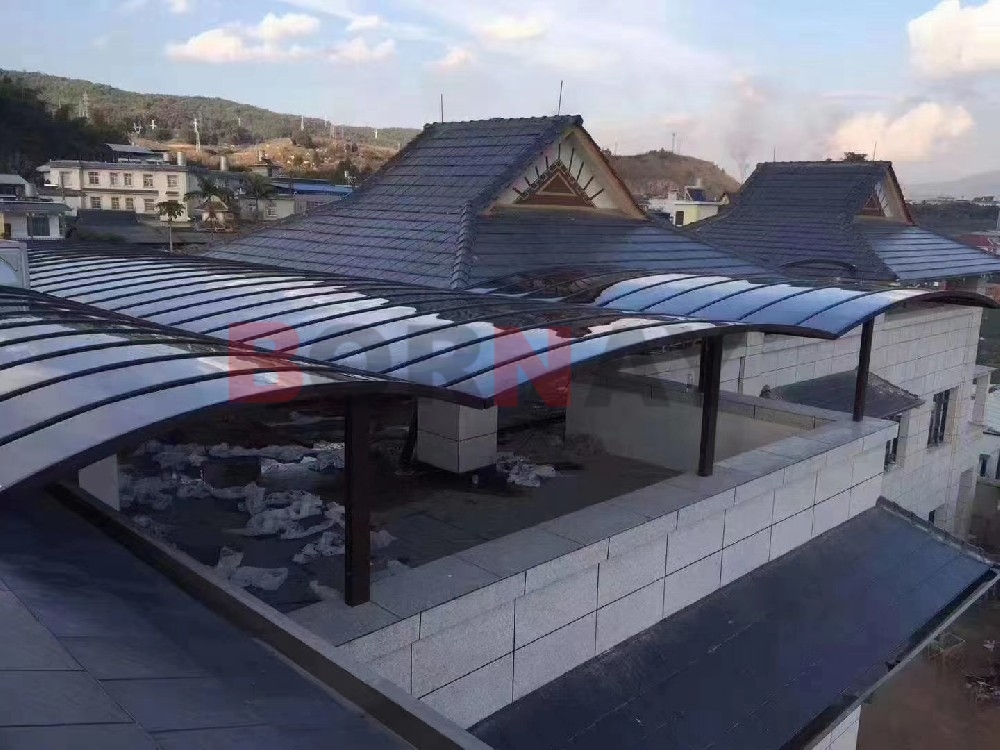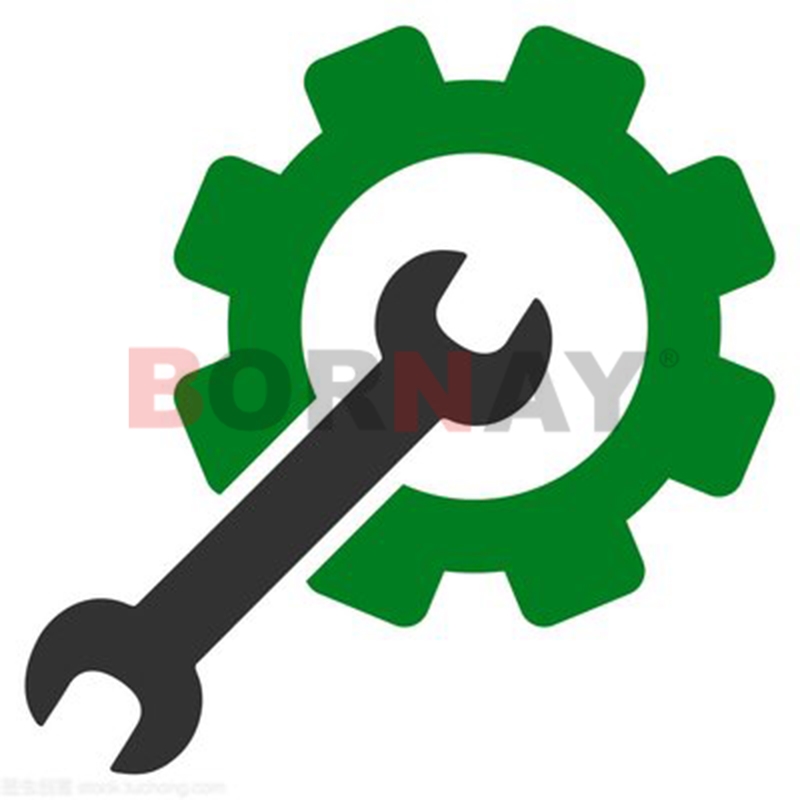bonai@tilefrp.com
Explore the advantages of FRP roof panels: durable, lightweight, easy to install
FRP (Fiber Reinforced Plastic) roof panels offer several advantages that make them a popular choice for various applications. Firstly, FRP panels are highly durable. They are constructed using a combination of strong fibers, such as fiberglass, and a resin matrix. This composition results in a material that is resistant to impact, weathering, and corrosion. FRP panels can withstand extreme weather conditions, including heavy rain, strong winds, and UV radiation, without significant deterioration. Their durability ensures a longer lifespan compared to many traditional roofing materials, reducing the need for frequent replacements and saving costs over time.

Another key advantage of FRP roof panels is their lightweight nature. Being lightweight makes them easier to handle during transportation and installation. The reduced weight simplifies the logistics and lowers the installation time, resulting in cost savings. Additionally, the lightweight characteristic of FRP panels puts less stress on the building structure, reducing the need for additional reinforcement. This advantage is particularly valuable for retrofitting projects or structures where weight considerations are crucial, such as lightweight construction or structures with load restrictions.Ease of installation is another notable benefit of FRP roof panels. They are designed to be user-friendly and straightforward to install. The lightweight nature of FRP panels allows for easier handling and positioning during installation, reducing labor requirements and installation time. Furthermore, FRP panels can be easily cut and shaped on-site to fit specific dimensions and architectural designs, offering flexibility in installation. These advantages contribute to overall cost savings and efficiency in construction projects.FRP roof panels also provide excellent thermal insulation properties. They offer effective insulation against heat transfer, helping to regulate the temperature inside buildings. This insulation capability helps to reduce energy consumption for cooling and heating, leading to cost savings and increased energy efficiency. In regions with extreme climates, FRP panels can contribute to maintaining a comfortable indoor environment and reducing reliance on heating and cooling systems.Additionally, FRP panels are available in a variety of designs, colors, and finishes, allowing for aesthetic customization. They can be manufactured to mimic the appearance of traditional roofing materials like tiles or shingles, providing a visually appealing roof while offering the advantages of FRP. The versatility in design options ensures that FRP roof panels can complement various architectural styles and meet diverse project requirements.Lastly, FRP panels are known for their low maintenance requirements. Once installed, they generally require minimal upkeep. They are resistant to mold, mildew, and rot, which reduces the need for regular cleaning or treatments. The durable nature of FRP panels ensures that they can withstand environmental stresses without significant degradation, providing a long-lasting roofing solution that requires minimal ongoing maintenance and repair.



In summary, the advantages of FRP roof panels lie in their durability, lightweight nature, ease of installation, thermal insulation properties, aesthetic customization options, and low maintenance requirements. These benefits make FRP panels a desirable choice for a wide range of roofing applications, providing long-term cost savings, energy efficiency, and reliable protection for buildings.


